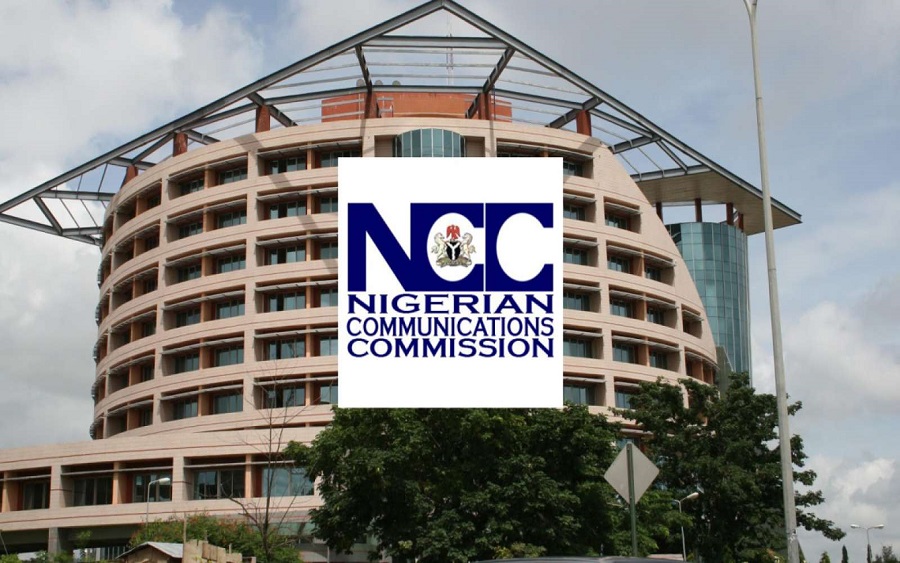From Cyriacus Nnaji, Lagos
In line with its consumer-centric approach to telecoms regulation, the Nigerian Communications Commission (NCC) has directed mobile network operators (MNOs) to commence implementation of approved harmonised short codes (HSC) for providing certain services to telecom consumers in Nigeria.
The Commission has already set a deadline of May 17, 2023, for all mobile networks to fully migrate from hitherto diverse short codes to the harmonised codes.
The use of harmonised short codes is aimed at achieving uniformity in common short codes across networks. This means that the code for checking airtime balance is the same across all mobile networks for the same function, irrespective of the network a consumer uses.
With the new codes, the telecom consumers using the over 226 million active mobile lines in the country, can now use the same codes to access services across the networks.
Consequently, under the new harmonised short codes regime, 13 common short codes have been approved by the Commission. They include the following codes: 300 to be used as the harmonised code for Call Centre/Help Desk on all mobile networks; 301 for voice Mail Deposit; 302 for Voice Mail Retrieval; 303 for Borrow Services; 305 for STOP Service; 310 for Check Balance, and 311 for Credit Recharge.
Also, the common code for Data Plan across networks is now 312. In line with the new direction, 321 is for Share Services, while 323 is for Data Plan Balance. The code, 996, is now for Verification of Subscriber Identity Module (SIM) Registration/NIN-SIM Linkage. The code, 2442, is retained for Do-Not-Disturb (DND) unsolicited messaging complaint management, while the common code, 3232, is also retained for Porting Services, otherwise called Mobile Number Portability.
The old and new harmonised short codes will run concurrently up until the May 17, 2023, when all networks are expected to have fully migrated to full implementation of the new codes. The period between now and May 17, 2023 is provided by the NCC to enable telecom consumers to familiarise themselves with the new codes for various services.
The initiative, which is in line with NCC’s regulatory modernisation programme, is essentially to make life much easier for telecom consumers, as it is now easier for Nigerians to memorise single codes for various services across all mobile networks they may be using, thereby improving consumer quality of experience (QoE).
In addition, the new policy will provide opportunity for licensees in the Value-Added Services (VAS) segment of the telecoms sector to be able to use freed-up/old codes for other services, as well as enhance cohesive regulatory framework in keeping with world-class practices.

